
Fusicad 2% Cream
Manufacturer
Cadell Healthcare Pvt Ltd
Salt Composition
Fusidic Acid (2% w/w)
Key Information
Short Description
Fusicad 2% Cream is an antibiotic used to treat bacterial skin infections such as impetigo and infected dermatitis.
Dosage Form
Cream
Introduction
Fusicad 2% Cream should be used in the dose and duration as prescribed by your doctor. This medicine is for external use only and should be used regularly to get the most benefit from it. Don’t use more than you need as it won’t clear your condition faster and some side effects may be increased. The affected area should be clean and dry before medicine application. You must wash your hands thoroughly before and after applying this medicine. It may cause burning sensation, skin irritation, itching, and redness immediately following application over the affected area. However, these are temporary and usually subside on their own. Inform your doctor if they do not resolve or persist for a longer duration. Avoid direct contact with your eyes. In case of accidental contact, wash your eyes immediately with water and seek medical attention. Do not cover the area being treated with airtight dressings such as bandages unless directed by a doctor as this may increase the risk of side effects. Tell your doctor if you are pregnant, planning to become pregnant, or are breastfeeding.
Directions for Use
This medicine is for external use only. Use it in the dose and duration as advised by your doctor. Check the label for directions before use. Clean and dry the affected area and apply the cream. Wash your hands after applying unless hands are the affected area.
How it works
Fusicad 2% Cream is an antibiotic. It works against bacteria that cause skin infections by preventing the synthesis of essential proteins necessary for the survival of bacteria. Thus, it prevents the skin infection from spreading.
Quick Tips
Fusicad 2% Cream treats bacterial skin infections such as impetigo and infected dermatitis. Don't use it for more often or for longer than advised by your doctor. Apply it gently to the infected area of skin three to four times a day. Avoid contact with your eyes, nose, or mouth. Rinse off with water if you accidentally get the cream in these areas. Don't cover the area being treated with airtight dressings such as bandages unless directed by a doctor as this may increase the risk of side effects. Inform your doctor if your infection becomes worse during treatment or if it comes back after you have stopped treatment with Fusicad 2% Cream.
Related Medicines
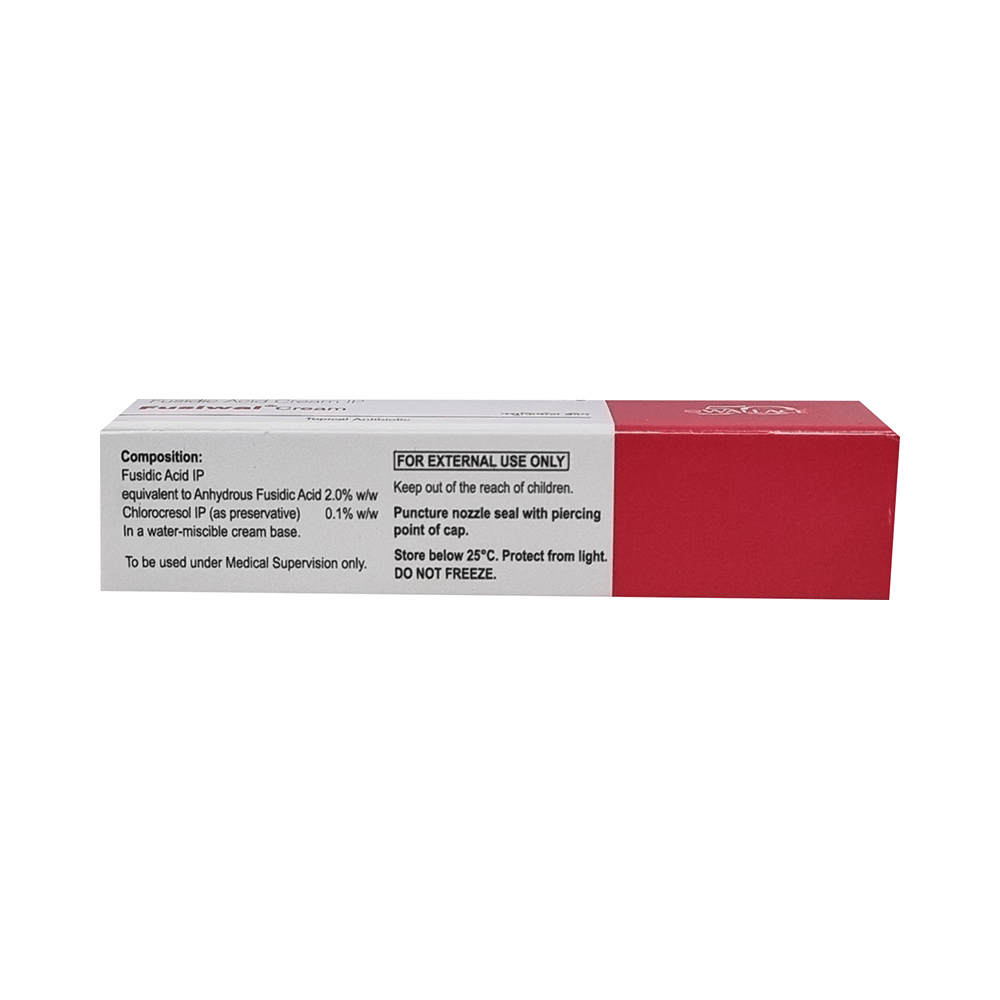
Fusiwal Cream
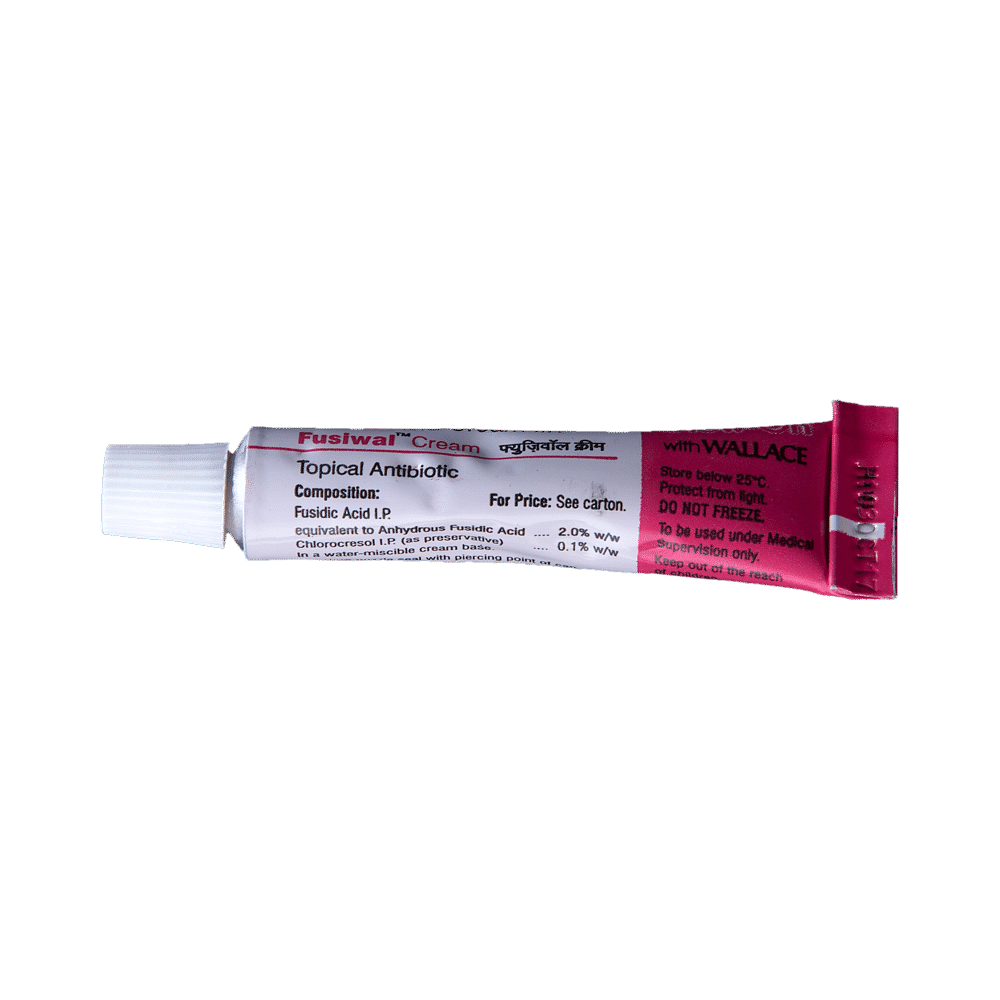
Fusiwal Cream
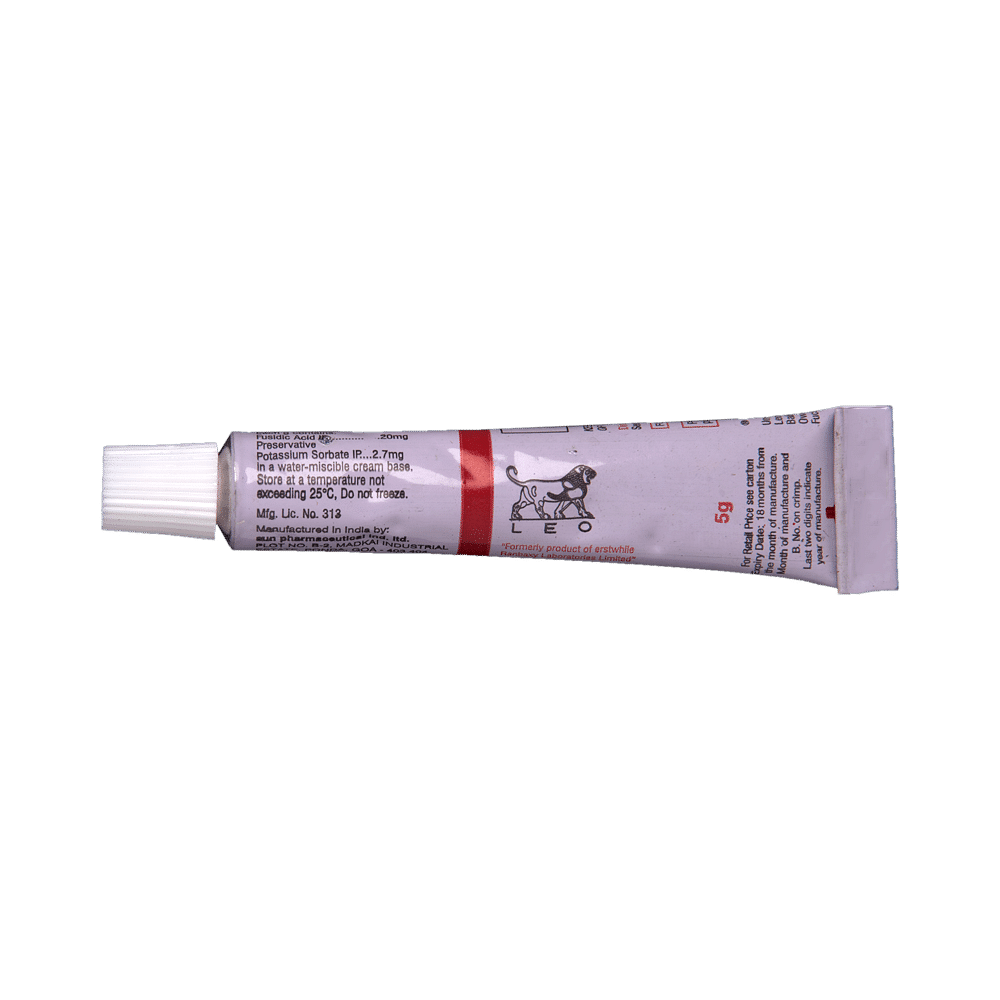
Fucidin Cream
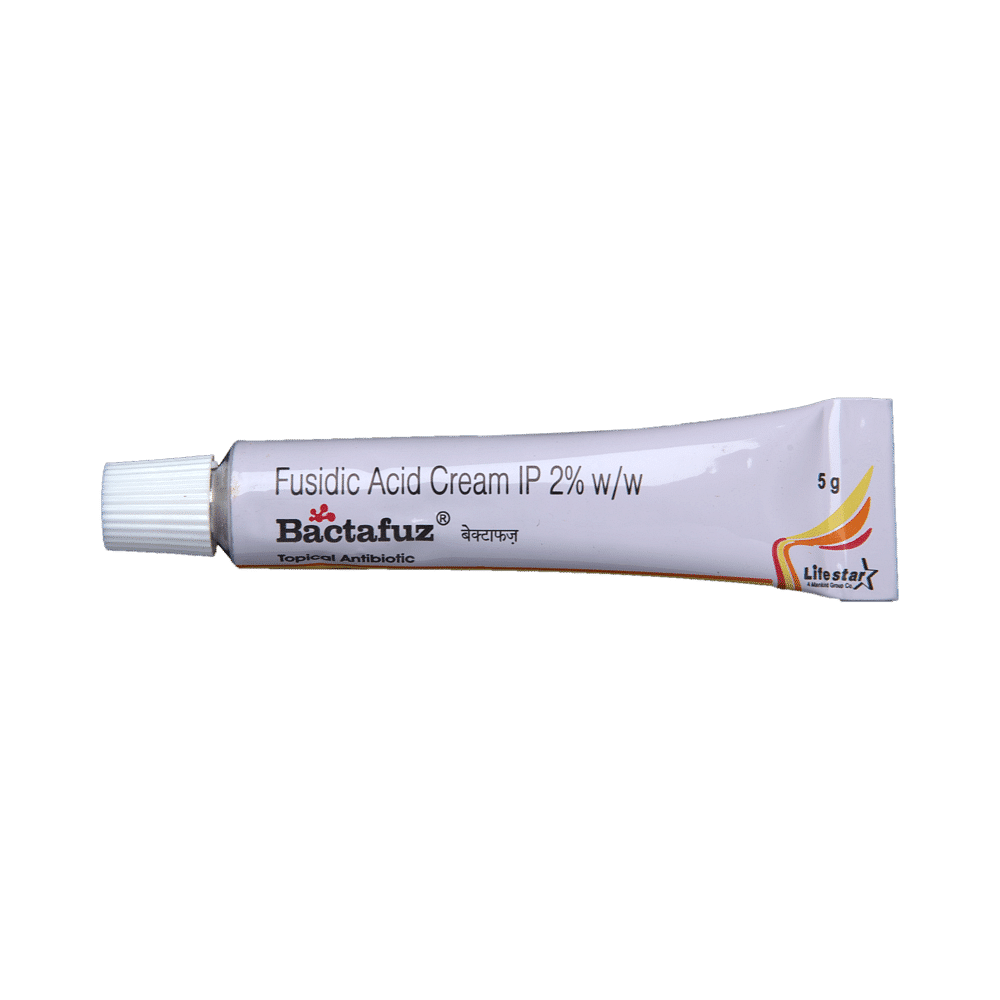
Bactafuz Cream

Fusiderm Cream
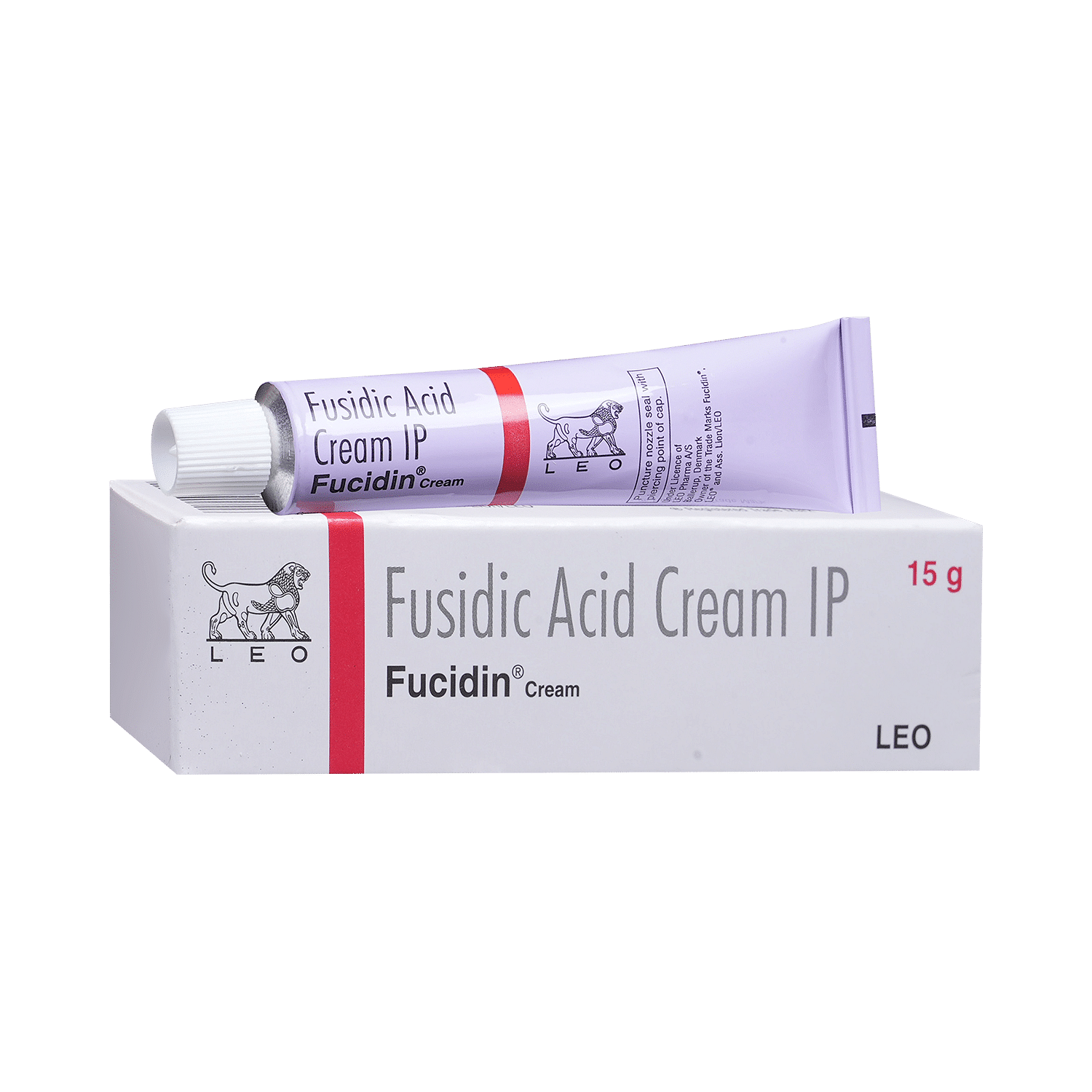
Fucidin Cream
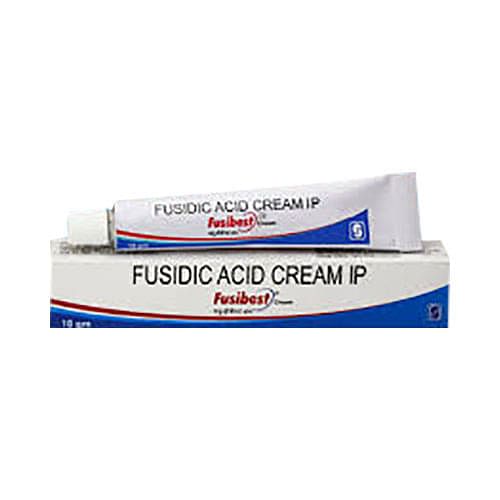
Fusibest Cream

Sfocid 2% Cream

Cyxyz FA 2% Cream

Fusivic Cream
Frequently asked questions
Is Fusicad 2% Cream an antifungal, steroid, or antibiotic?
Fusicad 2% Cream is an antibiotic that is effective against bacteria. It is used to treat bacterial infections of the skin, such as impetigo, infected cuts and grazes, and infected dermatitis.
How long should I use Fusicad 2% Cream?
Use Fusicad 2% Cream for the duration advised by your doctor. The treatment typically lasts 1-2 weeks, but may be longer in some cases.
What precautions should I take while applying Fusicad 2% Cream?
Apply Fusicad 2% Cream only on the skin. Always wash your hands before applying the medicine. Unless you are using the cream to treat your hands, wash your hands after using Fusicad 2% Cream. Do not insert it into your body or swallow it. If it accidentally enters your eyes, wash your eyes thoroughly with water. If irritation persists, contact your doctor immediately.
What is drug resistance, and can it affect Fusicad 2% Cream?
Drug resistance occurs when bacteria in your body modify and the medicine stops working. Extended or recurrent use of medicine may increase the risk of developing resistance. To prevent drug resistance, use Fusicad 2% Cream in the right amount and for the duration recommended by your doctor.
What should prompt me to stop using Fusicad 2% Cream?
If you develop a severe allergic reaction after using Fusicad 2% Cream, wash the area thoroughly and do not use the medicine again. Symptoms of an allergic reaction include a severe rash, difficulty breathing, stinging or burning in the eye that does not go away, and swelling of the face (especially around the eyes or eyelids). Seek immediate medical attention from your doctor or go to a nearby hospital.


